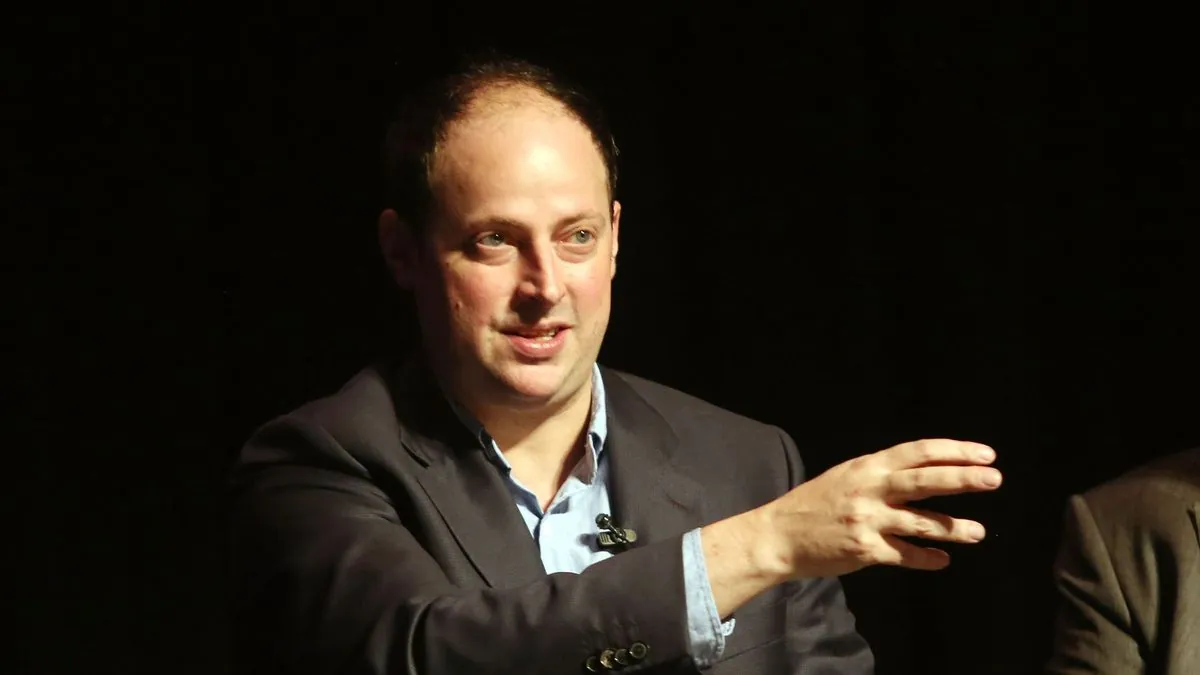Nate Silver's New Book: A Gamble on Gambling Culture
Nate Silver's latest work, "On the Edge," shifts focus from academic prediction to gambling culture. The book explores risk-taking but faces criticism for its structure and lack of systemic risk analysis.

Nate Silver, renowned for his election forecasting, has released his second book, "On the Edge: The Art of Risking Everything." This 576-page volume marks a significant departure from his 2012 bestseller, "The Signal and the Noise."
While Silver's first book delved into prediction methods across various fields, his latest work focuses on the world of gambling and risk-taking. The author, who gained fame for his data-driven approach to political analysis, now aligns himself with what he terms "Riverians" - risk-takers from Las Vegas, Wall Street, and Silicon Valley.
The book provides an extensive overview of the gambling industry's scale. In 2022, Americans lost $130 billion in various gambling activities, with the total amount wagered reaching approximately $1.3 trillion. Silver explores the strategies casinos and online sportsbooks employ to maintain profitability, including rewards programs and algorithmic tailoring of gambling products.

However, the book faces criticism for its disjointed structure and lack of critical analysis regarding the potential negative impacts of the expanding gambling economy. Silver's reluctance to address systemic risks and societal consequences of increased gambling accessibility raises questions about the book's perspective.
"Here's something I learned when writing this book: if you have a gambling problem, then somebody is going to come up with some product that touches your probabilistic funny bones. … And whichever product most appeals to your inner degen will be algorithmically tailored to reduce friction and get you to gamble even more."
The author's personal involvement in high-stakes poker games with venture capitalists and hedge fund managers is noted, potentially influencing his approach to the subject matter. Critics argue that Silver's position may have led to a less critical examination of the gambling industry and its effects on society.
The book also touches on topics such as the fall of cryptocurrency entrepreneur Sam Bankman-Fried and the use of artificial intelligence in gambling. However, it fails to provide a comprehensive analysis of the systemic risks associated with the growing gambling economy.
Silver's critique of the public health response to the COVID-19 pandemic, suggesting that "Riverians" would have handled it differently, has been met with skepticism. Experts argue that cost-benefit analysis is not unique to the gambling world but is a fundamental concept in public policy decision-making.
While "On the Edge" offers insights into the world of professional gamblers and risk-takers, it leaves many questions unanswered regarding the societal implications of the expanding gambling industry. The book's focus on the profitability of casinos and sportsbooks overlooks the potential costs to individuals and communities affected by problem gambling.
As the gambling landscape continues to evolve, with sports betting legalized in the United States in 2018 and the rise of cryptocurrency-based prediction markets, a more critical examination of these trends and their impacts remains necessary.


































